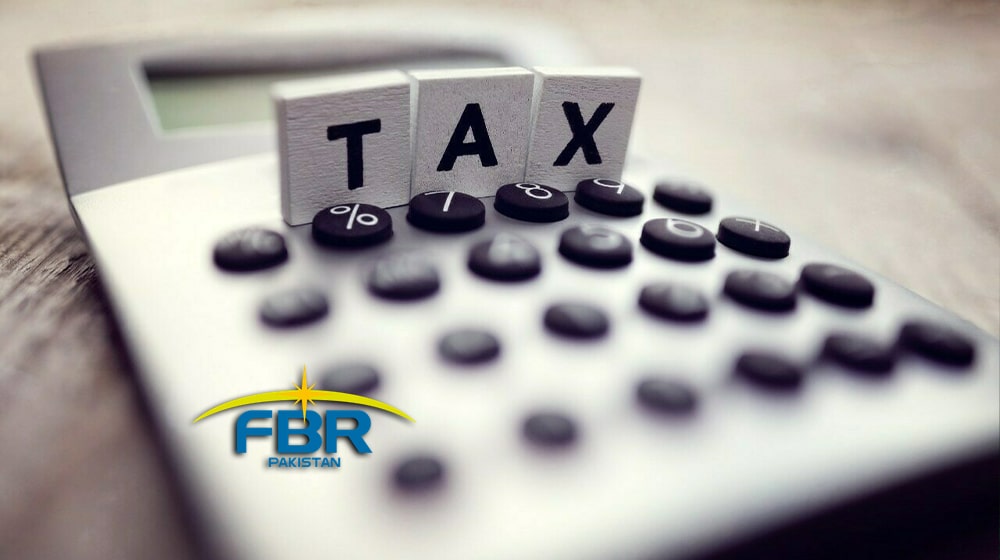The Federal Board of Revenue (FBR) has implemented tough new measures targeting sales taxpayers who refuse access to their business premises for monitoring by tax officers. Under the updated Sales Tax Rules 2006, any sales taxpayer obstructing the deputation of tax officers to monitor stocks, production, or clearances at manufacturing facilities now faces suspension or blacklisting.
According to the revised regulations, if the Commissioner or the FBR has sufficient grounds to believe that a registered taxpayer should be suspended or blacklisted, a standardized procedure will be followed to ensure uniformity across Large Taxpayer Offices (LTOs) and Regional Tax Offices (RTOs). These actions are in line with Section 21(2) of the Sales Tax Act.
The updated rules empower Commissioners to suspend a taxpayer’s registration through the system without prior notice if there is evidence of fake invoicing, tax evasion, or fraud. The suspension will remain effective until the completion of further investigations.
To enhance transparency, the FBR will now conduct public hearings before taking final action against sales taxpayers. This measure is intended to give taxpayers an opportunity to present their case and respond to allegations before any decision is finalized.
READ MORE:
vivo Introduces X Fold5 in Pakistan – Ultra-Light, Ultra-Durable\
Grounds for Suspension or Blacklisting may include:
-
Non-existence of the registered person at the declared address.
-
Refusal to allow access to business premises under Sections 40B and 40C or failure to provide records under Sections 25 and 37 of the Sales Tax Act.
-
Activity exceeding five times the sum of capital and liabilities declared in the balance sheet.
-
Making more than 10% of purchases from, or 10% of supplies to, other suspended persons in a month, except in certain exemptions or if the value exceeds Rs. 50 million.
-
Non-filing of sales tax returns for three consecutive months, filing null returns for six consecutive months, or engaging in acts constituting tax fraud.
FBR officials stated that these measures are aimed at improving compliance, curbing tax fraud, and strengthening Pakistan’s tax system.



